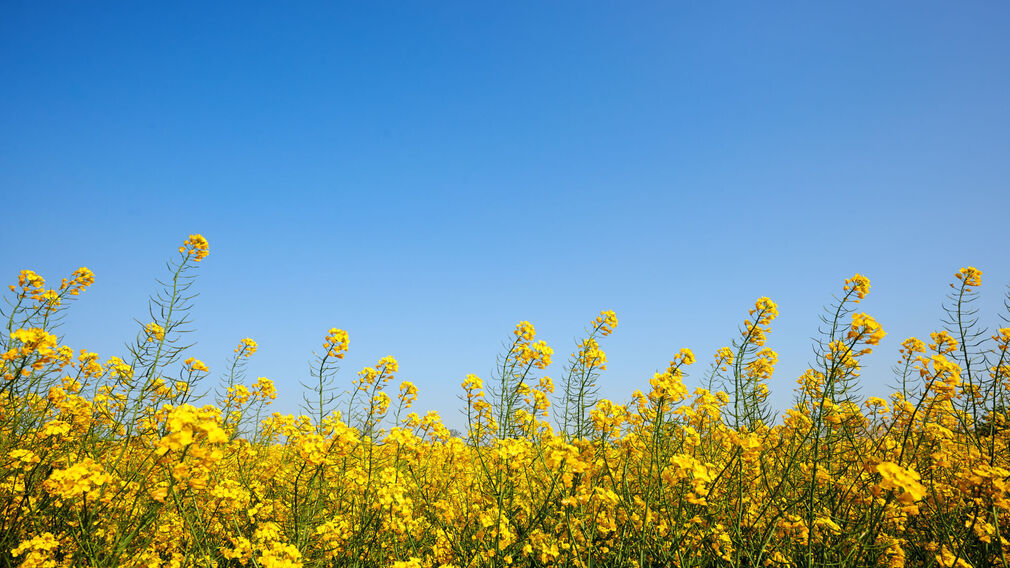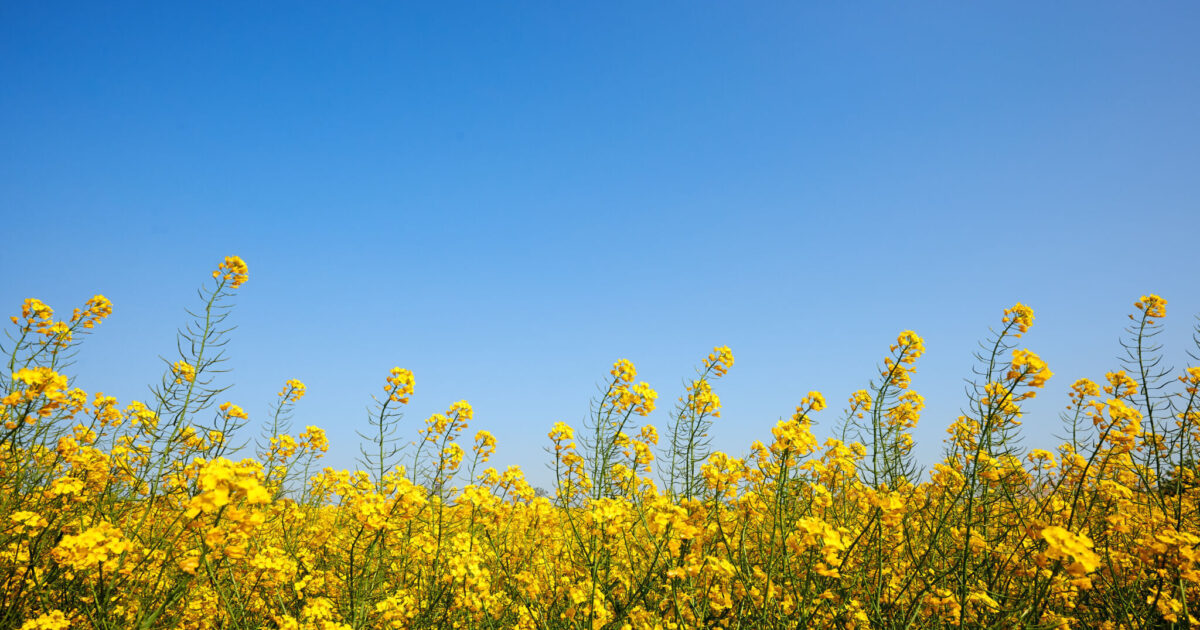
Canadian canola exports to the EU face a certification bottleneck while trade tensions with China persist. Image source: Adobe Stock
Canola exports from Canada to the European Union (EU) face a certification bottleneck while trade tensions with China persist, according to a report by commodity platform Vesper.
Canada’s canola shipments to the EU could be severely limited this season, with industry sources forecasting exports could total just 2M-4M tonnes compared to previous expectations, the 3 September report said.
The constraint was due to certification requirements that restricted Canadian canola exports to biodiesel applications only within the EU market, Vesper wrote.
As not all Canadian canola carried the necessary certification for this specific use, this had created a significant bottleneck for exporters, the report said.
This development comes at a critical time as Canada faces ongoing difficulties shipping to China due to anti-dumping duties, according to the report.
With China representing a major traditional market, Canadian exporters had been looking to redirect volumes to the EU as an alternative destination, Vesper wrote.
According to StatCan production forecasts, Canada’s canola crop is estimated at approximately 19.9M tonnes, up from 19.2M tonnes last year.
Although this production outlook initially appeared positive for Canadian exporters, the certification constraints presented a significant challenge, the report said.
With October typically marking Canada’s peak export month, the timing of the restrictions was particularly impactful for procurement managers planning fourth quarter 2025 and first quarter 2026 supply chains, according to Vesper.
The certification bottleneck had created a complex supply situation, with Canada preparing to increase EU shipments due to reduced Chinese demand but actual volumes potentially falling short of initial expectations, the report said.
One industry source cited a potential cap of 4M tonnes for EU exports, while another expected the volume to remain below 2M tonnes, compared to 1.3M tonnes shipped in 2024/25.
Meanwhile, China appears to be increasing imports from Australia, although not taking all available volumes, as market participants suggest the EU market may offer better prices for non-genetically modified (GM) canola, according to the report.
Reduced Ukrainian and Australian exports this season meant the EU would rely more heavily on its domestic crop, the report said.
“This dependency, combined with uncertainty around Canadian volumes, is expected to keep European stocks at lower levels throughout the season,” Vesper said.
Ukrainian rapeseed shipments in August totalled 520,000 tonnes, significantly down from 800,000 tonnes in August 2024, according to Vesper’s data.
The Ukrainian crop was revised upward to 3.2M tonnes but remained well below the previous year’s volume of 3.75M tonnes.
